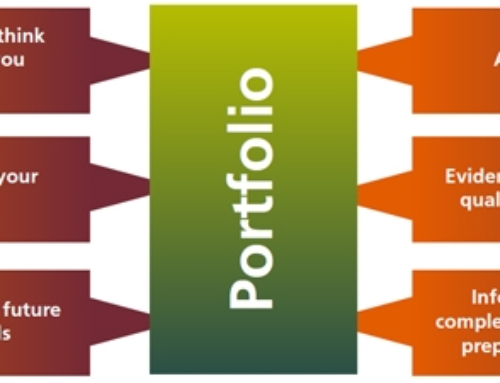Public affairs consultants are often referred to as lobbyists, but their work is more wide-ranging. They use their understanding of the political system to offer political and public policy advice to their clients. Clients may include private sector companies, trade associations, charities, not-for-profit organisations and overseas governments.
Keeping abreast of political developments, in order to advise clients on a possible response, is vital to the role. Key information is sought from personal contacts, a range of media sources and political intelligence and monitoring.
Public affairs consultants identify key stakeholders in the decision-making process at European, national, regional and local government levels. They work to maintain relationships with these individuals and to assist clients to promote and protect their interests effectively.
Public affairs consultants typical work activities
- monitoring proceedings at the Houses of Parliament, government departments, European institutions, think-tanks, non-governmental organisations (NGOs) and other bodies in order to keep clients informed of any developments related to their field of activity;
- reading and monitoring parliamentary publications and printed transcripts, like Hansard ;
- advising on potential responses that may be required;
- responding to requests for information;
- researching, forecasting and evaluating the effects of public policy on an organisation, using public sources, political intelligence and personal contacts;
- writing newsletters, briefings, campaign material and press releases;
- attending select committee hearings, party conferences and other events;
- establishing and maintaining two-way communication with relevant official bodies and stakeholders;
- maintaining regular contact, in person and in writing, with politicians, civil servants, and/or staff in local authorities and regulatory bodies to brief them on clients’ work and concerns;
- responding to public policy threats and opportunities;
- maintaining relationships with existing stakeholders;
- developing new business.
The amount of time spent on the above activities varies according to the employer and level of experience required. At entry level, you will be involved in a high level of research and monitoring of information, while an account director will be principally involved in strategic planning and relationship management.





Leave A Comment
You must be logged in to post a comment.